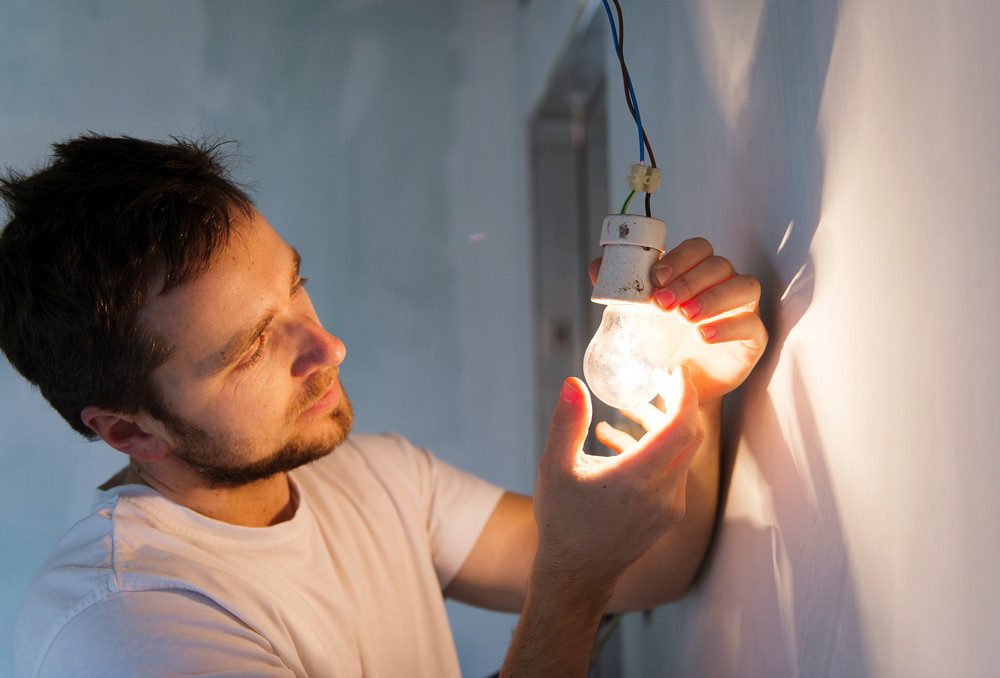Call us today! (828) 301-6362
Factors Affecting Average Household Energy Usage

If you receive an energy bill every month, you know how expensive energy costs can be. According to the U.S Energy Information Administration, energy use in the U.S. is doubling every 20 years. You may be wondering how your household’s power consumption is determined and how it compares to the national average. Once you understand how your home’s power consumption compares to the national average, you can look for the source of the difference. It could be that you are simply using more electricity, however, many times it is due to an issue or inefficiency that can be fixed. Once you identify the cause, you can take the necessary steps to reduce your power consumption.
The majority of household energy consumption is used to heat and cool the home. Other major uses of energy in the home include water heating, appliances, and lighting. One way of reducing your home’s energy consumption is to make sure your home is well insulated. This will help to keep the heat in during the winter and the cool air in during the summer. Another way to reduce energy use is to install energy-efficient appliances. These appliances use less energy to run and can save you money over time.
Factors that Affect Your Household’s Energy Usage
Since every home is built differently, it’s inevitable that they differ in the amount of power consumed. There are a variety of factors that affect a home’s energy usage. The type of home you reside in, its size, the number of occupants in your home, and the home’s energy efficiency all play a role in how much energy the average household uses. Other factors that affect a home’s power usage include the type of heating system, cooling system, and the home’s insulation. If a home is not energy efficient, it will use more energy and cost the occupants more money in utility bills. Here is a closer look at some of the factors that affect your home’s power consumption.
1. Size of Your Home
The size of your home has a large impact on your home’s power usage. For instance, large homes are prone to using more energy compared to smaller homes because it takes more energy to heat or cool a large space.
2. Your Home’s Building Materials
Older homes are usually built using inefficient building materials that allow hot air to escape or enter your home. This means you use more energy to heat or cool your home in older homes.
3. Number of Residents
Whether the people living in your home are charging their phones or cooking meals, everyone will use energy in your house. So, the more people that reside in your home, the higher your household’s electrical needs and energy consumption will be.
It’s important to know what your household’s average consumption is, as well as what is contributing to this energy usage. If you have any questions about your electrical consumption or want help identifying potential energy-saving opportunities, contact us today. We would love to help you meet your energy goals.
